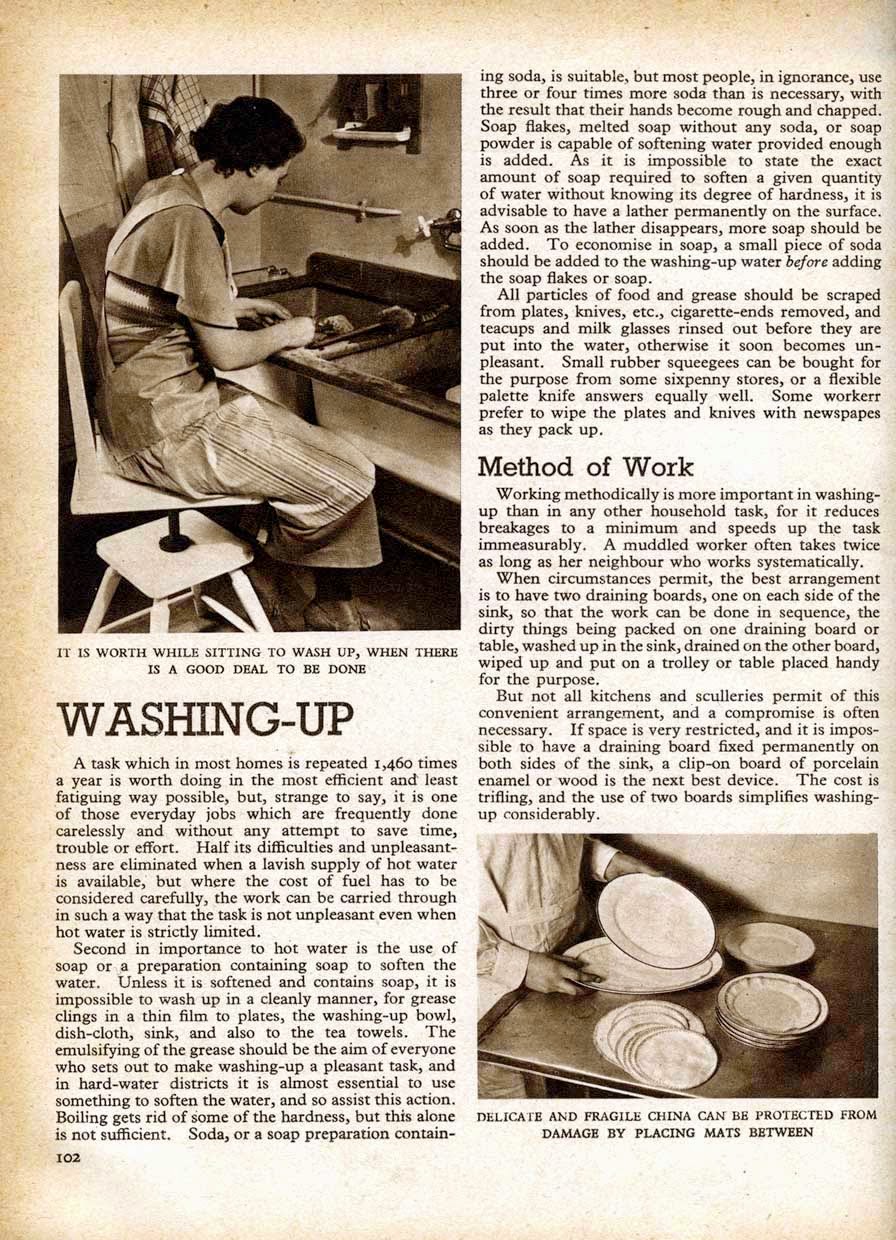English and
American English. ‘Two nations divided by a common language’ is a saying
attributed variously to Oscar Wilde, George Bernard Shaw and Winston Churchill and
is spot-on whoever said it.
I think it’s a
shame that American publishers apparently insist on Amercanising books
published in the UK for their home market, thus changing pavement to sidewalk,
petrol to gas and so on. Part of the pleasure for me when reading a book set in
America (or Canada or Australia come to that) is learning the different words
they use – it’s never difficult from the context to work out the meaning and it
keeps you right there in the story, in the place.
The other week
(there is a train of thought here) I was given a present by Amazon – yes, you
read that right. For some reason I was invited to choose a free e-book from a
choice of six.
I’d heard of
Nora Roberts ('America's favorite author' according to the New York Times) but had never read any of her 200+ books – she writes one every 45
days apparently, romance under her own name and futuristic police procedurals
under the name JD Robb. Over three hundred million of her books are in print.
So, hoping that
some of her magic dust would settle on me, I chose The Next Always, the first novel in her Inn at BoonsBoro trilogy.
It isn’t the
most riveting read I have to say (I’m 80% through). I like the rather old-fashioned beginning
– a potted history of the two-hundred-year-old inn. The romance between Clare
and Beckett – she a young Iraq-war-widowed mother of three, he a local
businessman/master-of-all-trades who’s loved her from afar since they were 15 – is a satisfying one.
But the rest of the story is taken up mostly by the restoration of the ‘inn at
BoonsBoro’. While I usually love descriptions of houses in books, the endless
conversations here about plumbing, electrics, carpentry, colour of tiles, carpets
etc etc become very tedious.
It’s probably
not representative of Nora Roberts’ books (I will give her the benefit of the
doubt and read another one, although not the rest of this trilogy) as I found
out from an interview with her that she actually lives in a small town called
Boonsboro in rural Maryland – where she has been renovating an old inn …
So I guess the
writerly advice I would take from that is that no experience is wasted – even
if the end result in this instance does read like an interior design guide with a steamy romance thrown in.
As for the
Americanisms – I’ll forgive, even if I don’t like, gotten, since I heard last week on a Michael Rosen radio programme
that it is an ancient past participle of the verb to get, and not as I had ignorantly thought a modern aberration (dove instead of dived is another one). But not coworker pleeeease – what are hyphens for?
Pants instead of trousers is always good for a schoolgirl giggle.
I like grocery store instead of supermarket. Snuck instead of sneaked is kinda cute. Faucet seems to have nothing to do with tap
– a google tells me, it too is Middle English, from
Old French fausset, cask stopper.
But there were
two words that stopped me in my tracks in this book: acclimate instead of acclimatise, and assist used as a noun – ‘do you need an assist?’.
Do you think
they’ll catch on this side of the Pond?











